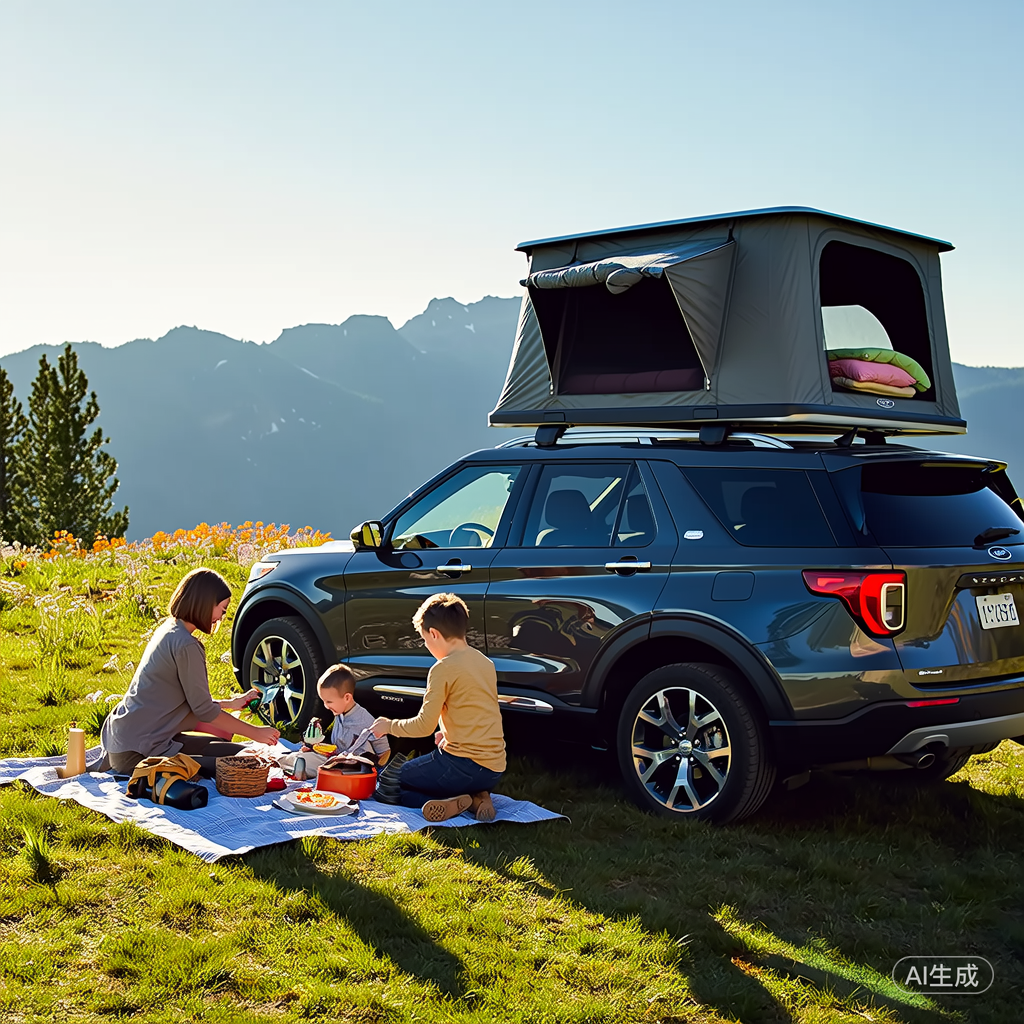The demand for roof tents has surged in recent years, driven by the growing popularity of overlanding, camping, and outdoor recreational activities. For businesses seeking reliable OEM partners to produce high-quality roof tents with heavy-duty mounting systems, selecting the right manufacturer is critical. This article highlights five leading OEM roof tent manufacturers known for their technical expertise, durability, and customization capabilities.
1. Autohome Outdoor Co., Ltd.
Autohome Outdoor, based in China, specializes in aluminum and fiberglass roof tents designed for extreme weather conditions. With over 15 years of experience, the company focuses on integrating aerospace-grade materials into its products, ensuring lightweight yet robust structures. Their heavy-duty mounting systems utilize reinforced steel brackets and anti-vibration technology, making them ideal for off-road vehicles. Autohome offers OEM services including custom color schemes, logo printing, and modular internal layouts. Clients praise their compliance with ISO 9001 quality standards and ability to scale production for bulk orders.
2. Vango Engineering GmbH
Headquartered in Germany, Vango Engineering is renowned for its precision engineering in roof tent manufacturing. The company’s patented “”Terra-Lock”” mounting system features a three-point fixation mechanism that distributes weight evenly across vehicle roofs, reducing stress on crossbars. Their OEM division collaborates with automotive brands to develop tents compatible with specific roof rack configurations, including dynamic load testing up to 300 kg. Vango’s tents are certified by the European Committee for Standardization (CEN) and utilize UV-resistant acrylic fabrics with IPX5 waterproof ratings.
3. Overland Gearworks (USA)
Overland Gearworks dominates the North American market with its focus on rugged, expedition-grade roof tents. Their OEM division produces fold-out and pop-up models with mounting systems designed for heavy-duty truck fleets. Key innovations include a corrosion-resistant powder-coated aluminum base and a quick-deploy hinge mechanism that reduces setup time to under 60 seconds. The company adheres to SAE J1211 testing protocols for vibration resistance and offers customization options such as solar panel integration and insulated flooring. Over 80% of their production is exported to OEM partners in Australia and Africa.
4. Yukon Tent Manufacturing (Canada)
Yukon Tent Manufacturing specializes in cold-weather roof tents with advanced thermal insulation. Their heavy-duty mounting systems are engineered to withstand sub-zero temperatures, using stainless steel fasteners and rubberized polymer joints to prevent metal fatigue. The OEM division provides thermal imaging testing for heat retention and collaborates with clients on aerodynamic designs to minimize wind noise. Yukon’s tents are a preferred choice for Arctic exploration teams and are certified by the Recreational Vehicle Industry Association (RVIA). Custom features include heated mattress pads and snow-load-rated tent shells.

5. Summit Camper Works (Australia)
Summit Camper Works leads the Oceania market with its focus on convertible roof tents that adapt to both rooftop and ground-use scenarios. Their mounting systems feature a universal fitment design compatible with most roof rack profiles, supported by load-distributing foam pads to protect vehicle paintwork. The company’s OEM services include CAD-based prototyping and compliance testing for AS 1576.9 safety standards. Summit’s signature product—a hybrid tent with a detachable annex room—is popular among adventure tourism companies. They also offer eco-friendly options using 100% recycled polyester fabrics.
Conclusion
Choosing the right OEM partner for roof tents requires evaluating technical capabilities, material quality, and customization flexibility. These five manufacturers—Autohome Outdoor, Vango Engineering, Overland Gearworks, Yukon Tent Manufacturing, and Summit Camper Works—represent the pinnacle of innovation in heavy-duty mounting systems. Businesses should prioritize partners with proven compliance certifications, scalable production capacity, and a track record in challenging environments.
References
This article references data from industry reports by Grand View Research, the Outdoor Industry Association, and standards published by the International Organization for Standardization (ISO). Technical specifications were validated through manufacturer documentation and third-party testing protocols.”